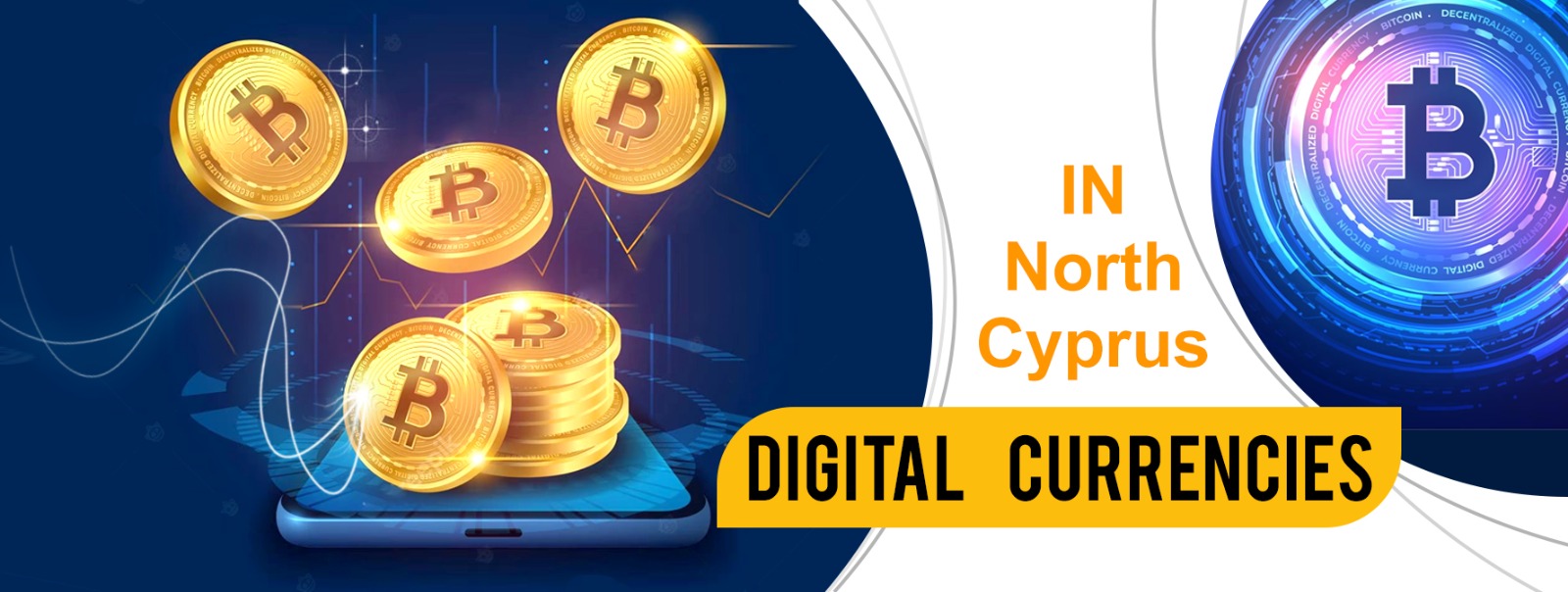
Enable Location
Digital Currency
Digital Currency
Digital currency is defined as a monetary unit or exchange medium based on the internet. It shares similarities with physical money but enables instant and borderless capital transfers between individuals.
Digital Currency:

Digital currency is defined as a monetary unit or exchange medium based on the internet. It shares similarities with physical money but enables instant and borderless capital transfers between individuals.
The origins of electronic money trace back to the creation of DigiCash in the late 1990s by David Chaum. One of the first e-gold-backed currencies was established in 1996. Another notable digital currency was Liberty Reserve, which emerged in 2006. This service allowed users to convert their dollars or euros into "Liberty Reserve" and freely exchange it with each other for a 1% fee. Both of these services were centralized and gained notoriety for being used in money laundering, leading the U.S. government to shut them down.
The introduction of Bitcoin took place in 2009. One of the strengths of Bitcoin over previous examples was its use of distributed ledger technology. Bitcoin also provided a new way for individuals to exchange their assets without intermediaries.
Nowadays, it is widely accepted that electronic banking can be divided into two separate streams. The first is related to electronic money products, especially in the form of products that store value. The second stream involves electronic delivery or access to goods and services. In this regard, the European community has described electronic money in its draft guidelines as follows:
- Electronic money is electronically stored on a device, such as a smart card or computer memory chip.
- It is accepted as a means of payment for transactions other than those with the issuing institution.
- It is created for electronic transfers of funds and limited-value payments.
On the other hand, the U.S. Consumer Advisory Council describes electronic money as follows: It is money that moves electronically and circulates. It can be in the form of smart cards or cards with stored value or in the form of electronic wallets. It can be used at point-of-sale terminals without involving any other person directly in peer-to-peer transactions. It can also be moved or spent via telephone lines towards banks or other service providers or issuers (electronic money).
Electronic money is categorized into different methods. In one of these categorizations, electronic money is divided into two categories:
1) Identified Electronic Money:
This type of electronic money contains information about the identity of its owner, similar to credit cards to some extent. These funds are traceable, and the identity of the holder can be identified. The use of this type of money is possible through both continuous and non-continuous methods.
2) Unidentified Electronic Money (Anonymous):
This type of digital money preserves the privacy of the owner's identity and, in that sense, operates similar to traditional paper money. When digital money is withdrawn from an account, it can be spent without leaving any trace. Since unidentified electronic money is created using anonymous signatures, there is no possibility for any bank to trace its origin.

Digital Currencies in Northern Cyprus:
Northern Cyprus is known as one of the popular destinations for investment in real estate and digital assets.
For any purchase with digital currency, you can convert your digital currency to the local currency (Turkish Lira) in Northern Cyprus. You can use the services of exchange offices in Northern Cyprus or transfer your digital currency to the seller's digital currency account.
Most of the digital currencies popular worldwide are also prevalent in Cyprus. However, investing in and entering any of them requires comprehensive knowledge and information. Due to the significant fluctuations in these markets, sudden ups and downs, and drastic changes, engaging in this field without experience and sufficient awareness of the digital currency markets can lead to a complete loss of your capital.
The Cyprus Securities and Exchange Commission has established an innovation center to bring together regulatory and non-regulatory entities. The commission aims to support investors and shares its knowledge with them. This innovation center also operates in the market of financial products and services and provides support to them.
Legislation for digital currency transactions has been one of the objectives of the committee set up to establish digital currency exchanges in Cyprus. The committee also focuses on security and non-security tokens. Security tokens are financial instruments that grant partial ownership in various assets, much like stocks. Non-security tokens include digital currency tokens such as Bitcoin.
In 2014, the Central Bank of Cyprus issued a public announcement regarding the risks associated with digital currencies. The announcement emphasized that people should be aware that in case of the collapse of digital currency trading platforms, there would be no regulatory measures in place to cover the losses. Additionally, warnings were issued about the price volatility of digital currencies. However, over time, the digital currency market and the establishment of digital currency exchanges in Cyprus gained full momentum, and the government began voting on laws for their regulation with the understanding that every exchange and capital market carries its own inherent risks.

In line with these developments, the Tliman Ads Group has endeavored to pursue its main goal and inform people about using cutting-edge innovations. They have provided a brief overview of digital currencies and their position in the Turkish Republic of Northern Cyprus through this article, allowing you to have a concise history of this market should you have an interest in exploring it and take a step into this world of digital currencies.